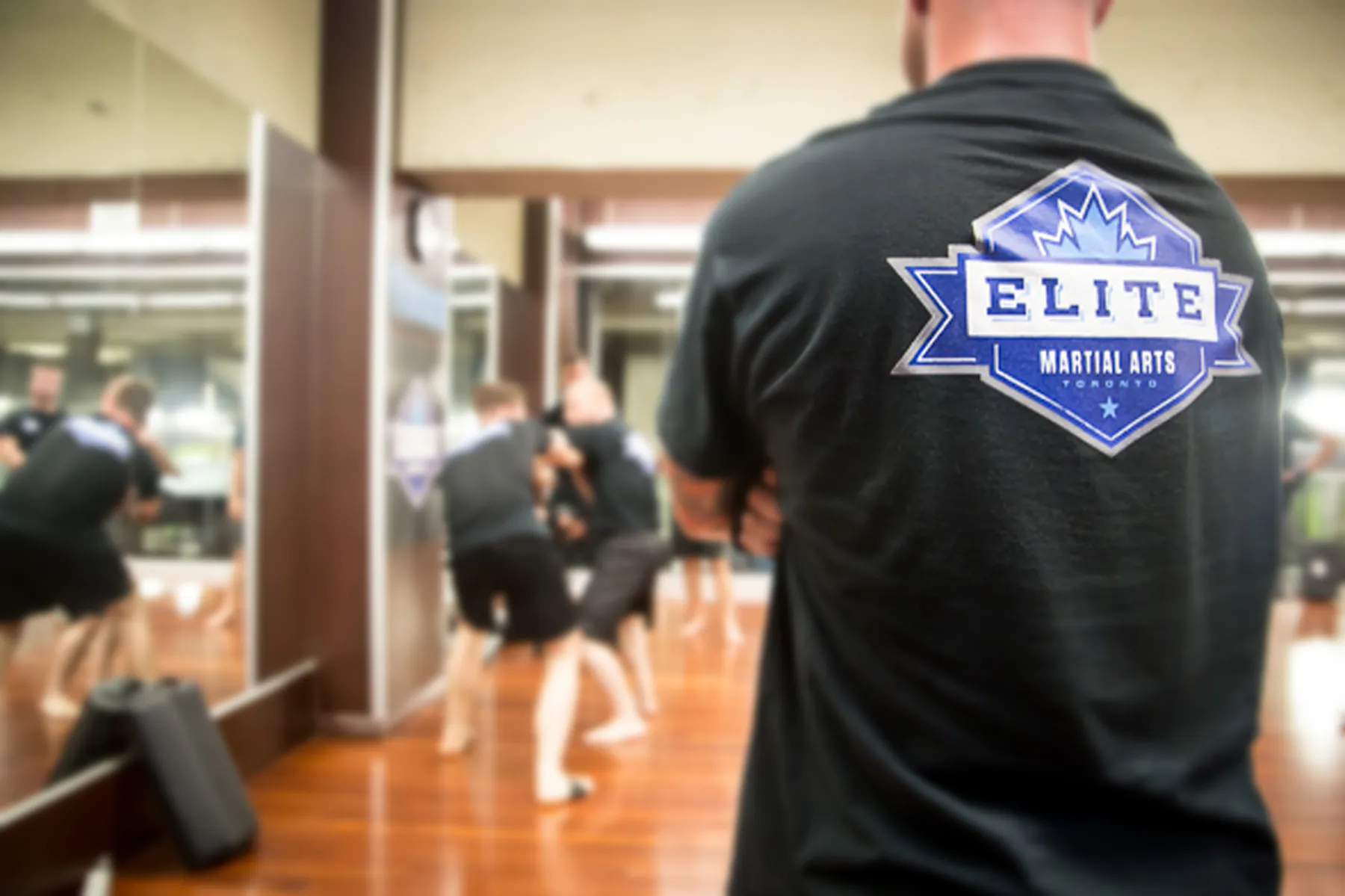
Martial arts offer numerous benefits for children, from physical fitness to mental resilience. We delve into the advantages of martial arts training, exploring how it can positively impact a child’s development in various aspects.
Physical Fitness and Health
Improving Cardiovascular Health
Martial arts involve rigorous physical activity, which can significantly improve cardiovascular health in children. Regular training sessions elevate the heart rate, promoting better circulation and heart health. This type of exercise helps children develop strong, healthy hearts and reduces the risk of childhood obesity.
Enhancing Strength and Flexibility
Martial arts require the use of various muscle groups, leading to improved overall strength. Activities such as kicking, punching, and grappling engage different parts of the body, enhancing both muscular strength and flexibility. Children who practice martial arts regularly will develop a balanced physique, with increased muscle tone and improved posture.
Coordination and Motor Skills
The complex movements in martial arts enhance coordination and motor skills. Techniques require precise control of the body, improving hand-eye coordination and balance. This can be particularly beneficial for young children as they develop foundational motor skills that will aid them in other physical activities and sports.
Mental and Emotional Benefits
Building Confidence and Self-Esteem
Martial arts training boosts self-confidence and self-esteem. As children progress through the ranks and achieve new belts, they gain a sense of accomplishment. Overcoming challenges and mastering new techniques instills a belief in their abilities, contributing to a positive self-image.
Developing Discipline and Focus
The structured environment of martial arts schools teaches discipline and focus. Children learn to follow instructions, respect their instructors, and stay committed to their practice. This discipline extends beyond the dojo, helping children to concentrate better in school and maintain good behaviour at home.
Stress Relief and Emotional Regulation
Martial arts provide an outlet for stress relief. Physical activity releases endorphins, which help to reduce stress and promote a sense of well-being. Additionally, the practice of controlled breathing and mindfulness during training can aid in emotional regulation, helping children manage their emotions more effectively.
Social Benefits
Promoting Teamwork and Social Skills
While martial arts are often perceived as individual sports, they promote teamwork and social interaction. Children train together, spar with partners, and participate in group activities. This fosters a sense of community and helps children develop important social skills, such as communication, empathy, and cooperation.
Preventing Bullying
Martial arts training can play a role in bullying prevention. Children who practice martial arts often exude confidence, which can deter potential bullies. Additionally, martial arts teach respect for others and the importance of using skills responsibly, discouraging aggressive behaviour.
Cognitive Development
Enhancing Problem-Solving Skills
Martial arts challenge children to think critically and solve problems. Learning and applying various techniques require strategic thinking and adaptability. This cognitive engagement promotes problem-solving skills that are beneficial in academic settings and everyday life.
Improving Memory and Learning
The memorization of forms, techniques, and sequences enhances memory and learning abilities. Children must remember and replicate complex movements, which improves their cognitive function. This aspect of martial arts training can translate into better academic performance and a sharper mind.
Safety and Self-Defence
Teaching Practical Self-Defence Skills
One of the primary benefits of martial arts is teaching practical self-defence skills. Children learn how to protect themselves in potentially dangerous situations. These skills provide peace of mind for both children and their parents, knowing that they can defend themselves if necessary.
Emphasizing Safety and Control
Martial arts emphasize the importance of safety and control. Children are taught to use their skills responsibly and to avoid physical confrontations whenever possible. This focus on control ensures that they understand the serious implications of their actions and use their abilities wisely.
Fostering a Lifelong Love for Fitness
Encouraging Healthy Habits
Martial arts instill a love for physical activity, encouraging healthy habits that can last a lifetime. Children who enjoy martial arts are more likely to continue being active as they grow older, leading to a healthier lifestyle overall.
Providing a Fun and Engaging Activity
Martial arts classes are fun and engaging, making fitness enjoyable for children. The dynamic nature of martial arts keeps children interested and motivated, ensuring they remain active and enthusiastic about their training.
Encouraging Positive Behaviour
Instilling Respect and Courtesy
Respect and courtesy are fundamental principles in martial arts. Children learn to show respect to their instructors, peers, and themselves. These values are integral to martial arts training and help shape children into respectful and courteous individuals.
Promoting Goal Setting and Achievement
Martial arts training involves setting and achieving goals. Whether it’s earning a new belt or mastering a technique, children learn the value of perseverance and hard work. This goal-oriented mindset can be applied to other areas of their lives, fostering a sense of purpose and achievement.
Choose Elite Martial Arts For the Best Youth Martial Arts
At Elite Martial Arts, we believe in the transformative power of martial arts training for kids. With centres in Toronto and Mississauga, our programs in Krav Maga and Muay Thai provide a supportive environment for children to grow physically, mentally, and socially. Our expert instructors are dedicated to helping children achieve their full potential through the discipline and excitement of martial arts.



















